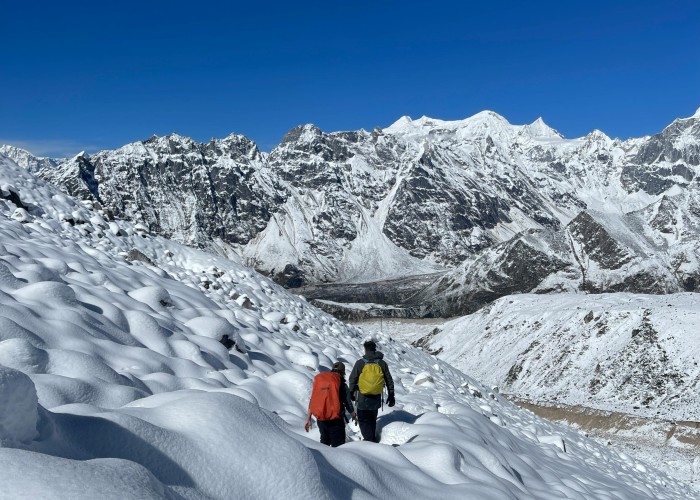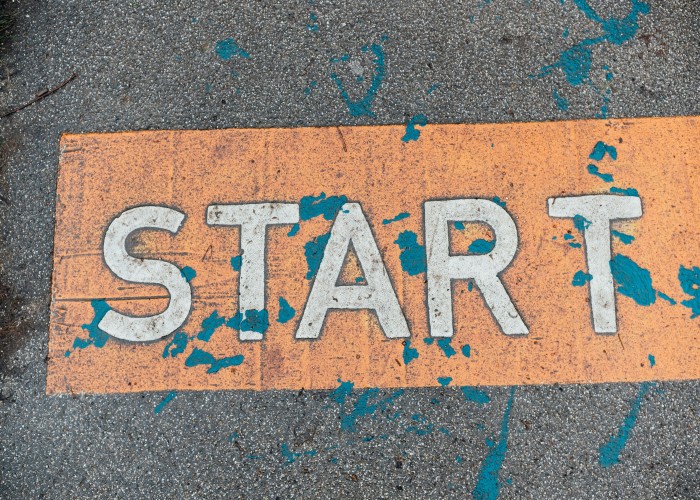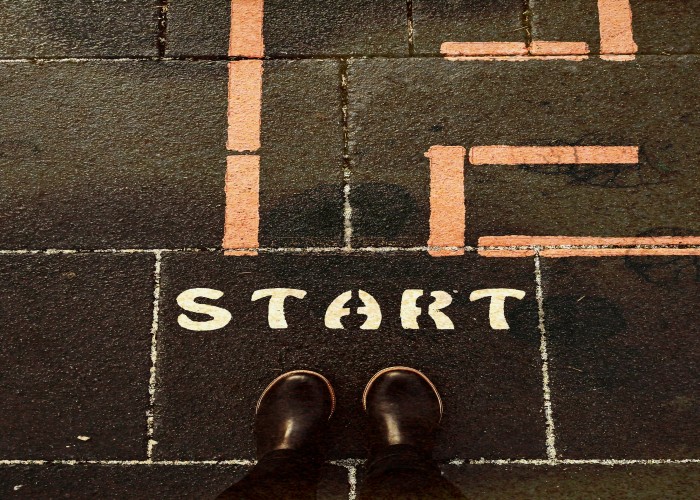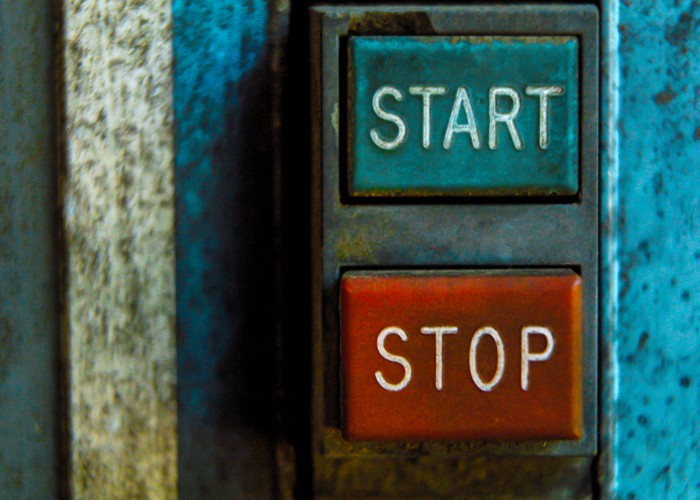The Matterhorn Circuit Trek, also known as the Tour du Cervin, runs around the iconic Matterhorn, straddling the border between Switzerland and Italy. You hike through alpine valleys, remote mountain passes, and charming villages such as Zermatt and Cervinia. Known for its dramatic peaks, pristine glaciers, and unforgettable views, this trek draws outdoor lovers worldwide—from the USA and UK to Australia and Germany. Matterhorn Circuit Trek – Switzerland/Italy.
It is famous for offering panoramic views of the Matterhorn from different angles, connecting well‑maintained mountain huts, and blending Swiss precision with Italian charm. This trek highlights outdoor adventure, alpine culture, and breathtaking scenery—all wrapped into one classic high‑altitude hiking experience.
Best Time to Visit
Late June through early September is the golden window for this trek.
- Late June to mid‑July offers melting snow, clear streams, and a lush alpine bloom.
- Mid‑July to August brings stable conditions, fully open huts, and long daylight.
- September delivers cool air, quieter trails, and brilliant autumn hues.
Outside these months, snow-laden trails and closed huts become a real risk.
How to Reach
Getting to the trailhead is fairly straightforward:
- By Air: Fly into Geneva or Zurich. From there, take a train—or rent a car—to Täsch, then a shuttle train or taxi to Zermatt.
- By Train: From Geneva or Zurich, take Switzerland’s efficient rail network to Visp or Brig, then Zermatt. On the Italian side, take train service to Aosta and continue by bus or car to Cervinia.
- By Road: Driving gives flexibility. From Geneva, Zermatt is about 3 hours (parking at Täsch). From Milan or Turin, drive to Cervinia in around 2.5–3 hours.
Entry Fees and Permits
No special permits are required to hike the Matterhorn Circuit. Trail access is free. Overnight stays in mountain huts, meals, and local services charge fees—typically subject to change—so budget accordingly when planning.
Food Availability and Meal Options
You’ll find hearty, regional food in mountain huts along the trek:
- Swiss huts serve cheese fondue, rösti, soups, and breads.
- Italian huts offer pasta, polenta, cured meats, and cappuccino.
Meals (breakfast and dinner) are available in most huts, though portions and menus vary. Plan to eat early in the evening, as kitchens often close when the day’s meals are done.
Carry lightweight snacks—nuts, energy bars, dried fruit—for longer stretches without food options. Matterhorn Circuit Trek – Switzerland/Italy.
Packing List and Essentials
Pack light, smart, and weather-ready:
- Backpack (35–45 L)
- Base layers, mid‑layer, waterproof shell
- Sturdy waterproof hiking boots and spare socks
- Trekking poles for stability
- Sunhat, sunglasses, sunscreen
- Reusable water bottle or bladder (many huts allow refills)
- Mini first aid kit, headlamp, map or offline GPS, power bank
- Lightweight sleeping sheet or liner (some huts may require it)
- Rain cover, dry bags for gear protection
Safety Tips and Local Regulations
Stay safe, respect rules:
- Watch weather closely—mountain conditions shift quickly; turn back if thunderstorms arrive.
- Stay on marked trails. Glacier crossings or off‑trail detours can be dangerous.
- Reserve huts ahead during peak season; know their opening schedules.
- Carry out trash, behave responsibly, and respect nature.
- In emergencies, dial Switzerland or Italy’s emergency number (112 works across both).
- Follow any trail closures or wildlife protection signs—some areas may restrict access during sensitive times.
Tips for Beginners or First‑Time Visitors
- Start with shorter day hikes in the region (like in Zermatt) to acclimate.
- Choose a manageable pace—don’t rush; altitude makes every step feel heavier.
- Allow rest or buffer days for rest or potential delays.
- Use a trekking pole to reduce joint strain and improve balance.
- Learn basic mountain navigation and read trail markers—yellow or red‑white‑red markers are common.
- Hydrate often—you’re hiking at altitudes between 2,000 and 3,000 meters.
Local Customs and Cultural Etiquette
This trek crosses cultural lines—Swiss precision meets Italian warmth:
- Language: In Switzerland, German, French, or English is common. In Italy, Italian and some English. Learning “Grazie” (thank you) or “Danke” goes a long way.
- Quiet hours: Huts observe quiet time after evening meals. Be considerate and keep noise low.
- Punctuality: Swiss culture values timeliness—arrive to huts or meal times promptly.
- Waste separation: Sorting trash is typical. Separate recycling where possible in huts.
- Greetings: A simple “Buongiorno” or “Grüezi” in the morning is friendly and respectful.
FAQ Section
How long does the trek take
Typically 6 to 10 days, depending on your pace and rest days.
What is the difficulty level
Moderate to demanding. Expect long ascents, some scree, and alpine passes—no technical climbing but physically challenging.
What is the altitude range
Trail runs between about 1,600 m and 3,200 m above sea level.
Are there restrooms
Yes—in mountain huts. Often simple and sometimes require a small fee. No restrooms on the trail itself.
Is mobile phone reception available
Spotty. Some villages and huts have Wi‑Fi or cell signal. Don’t depend on coverage; download maps offline.
How many kilometers per day
Expect roughly 8 to 15 km per day, depending on terrain and elevation changes.
Do I need to book huts in advance
Highly recommended in peak season. Book early to secure a bed and dinner.
Do I need climbing gear
No. The route is well‑marked and non‑technical, but stable boots and poles matter.
What about drinking water
Most huts offer potable water or will sell you water. Carry purification tablets if you refill from glacial streams.
Final Thoughts
The Matterhorn Circuit Trek weaves stunning alpine landscapes with Swiss‑Italian cultural charm. This guide gives you all the essentials—from when to go to what to pack—so you can hike confidently, safely, and fully enjoy the mountain magic. Matterhorn Circuit Trek – Switzerland/Italy.






Leave a Reply